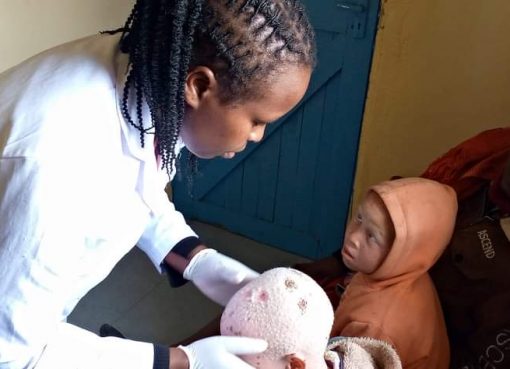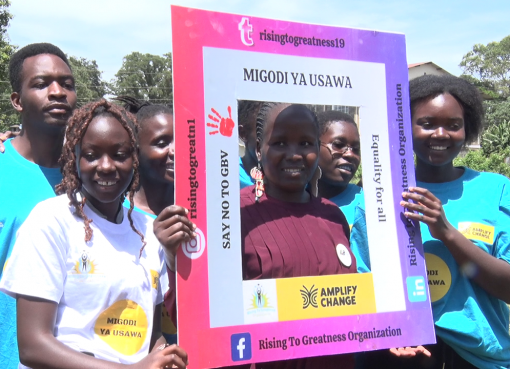The Cabinet Secretary (CS) for Health, Dr Deborah Barasa, has assured East African Health Professionals of Kenya’s commitment to harmonization of regulation for healthcare workers through resource mobilization, stakeholder dialogue, and integration into national frameworks.
To achieve regional integration and sustainable growth, the CS noted there is a need to cultivate a highly skilled, competent, and mobile healthcare workforce, capable of delivering quality services across borders.
“These demands harmonizing education and training standards for healthcare professionals, including Clinical Officers, Pharmaceutical Technologists, Nurses, Midwives, Public Health Officers, and others,” said Dr Barasa.
“Aligning these standards will ensure common competencies, facilitate mobility across partner states, and enhance the credibility of our healthcare systems,” added the CS when she closed the East African workshop on harmonization of regulation for healthcare workers in Mombasa.
Dr Barasa noted that the regulation of health professions is integral to fostering resilient health systems, promoting patient safety, and achieving Universal Health Coverage (UHC).
This, she expounded, will be achieved through setting and upholding standards for professional ethics, entry, licensure, and practice, regulation ensures quality care, while sustaining public confidence in health services.
The CS noted that harmonized internship training across the EAC, is a critical element as it bridges the transition from academic knowledge to practical expertise under mentorship, ensuring healthcare professionals are well-prepared to address the evolving needs of the people.
“By addressing gaps in training, certification, and oversight, we can ensure excellence in healthcare delivery, ethical practice, and the mobility of health professionals, while fostering a shared vision of quality care for all East Africans,” said Dr Barasa.
She went on: “Harmonizing public health curricula, is a pivotal step toward strengthening our healthcare systems and achieving better health outcomes. Standardized training guidelines ensure high-quality education and align core competencies with regional and global best practices.”
The harmonization is poised to promote workforce mobility, enabling professionals to work seamlessly across borders and addressing workforce shortages with diverse expertise.
It will also foster collaboration among universities, colleges, and training institutions, enhancing the sharing of resources and expertise, while building a more resilient healthcare system.
CS Barasa further said that clear regulatory frameworks and inspection mechanisms ensure institutions meet rigorous standards, supporting capacity building, evidence-based decision-making, and continuous professional development.
She called for concerted efforts to achieve harmonized undergraduate curricula in EAC, to reflect the diverse needs of the populations and align with global standards.
“By involving all stakeholders, professional bodies, and community representatives can create curricula that are inclusive, flexible, and sustainable.
“While challenges such as varying resources and regulatory environments persist, this initiative is not just about standardization-it is about shaping the future of healthcare in East Africa,” said the CS.
She commended the recommendation from the workshop of expediting regulation of unregulated professionals, capacity-building initiatives, and strategic resource mobilization.
These steps, she said, will empower the health workforce, to meet evolving demands while ensuring patient safety and quality care.
“I urge governments and stakeholders to prioritize these efforts and translate them into actionable outcomes that will drive systemic transformation,” she stated.
By Sadik Hassan




